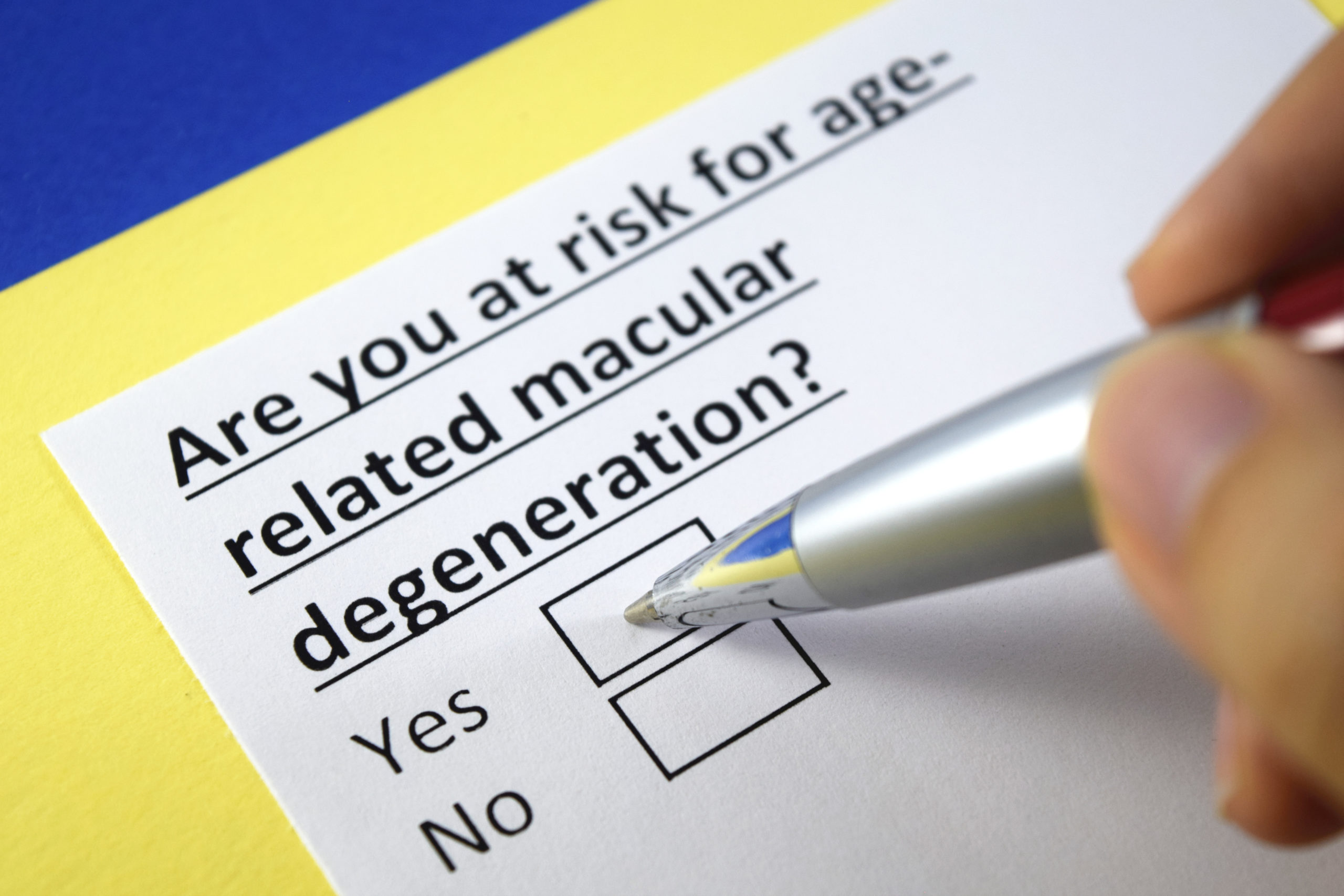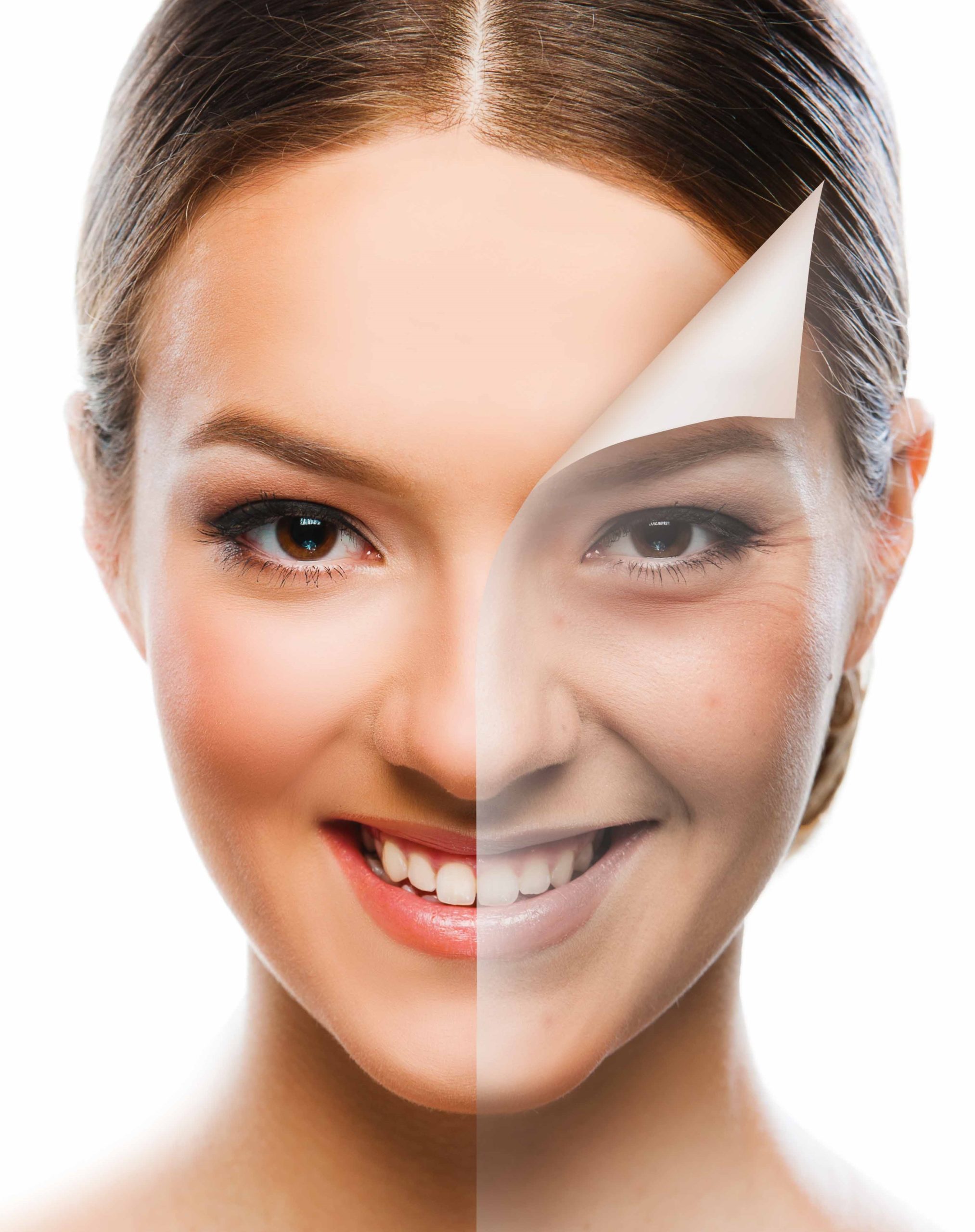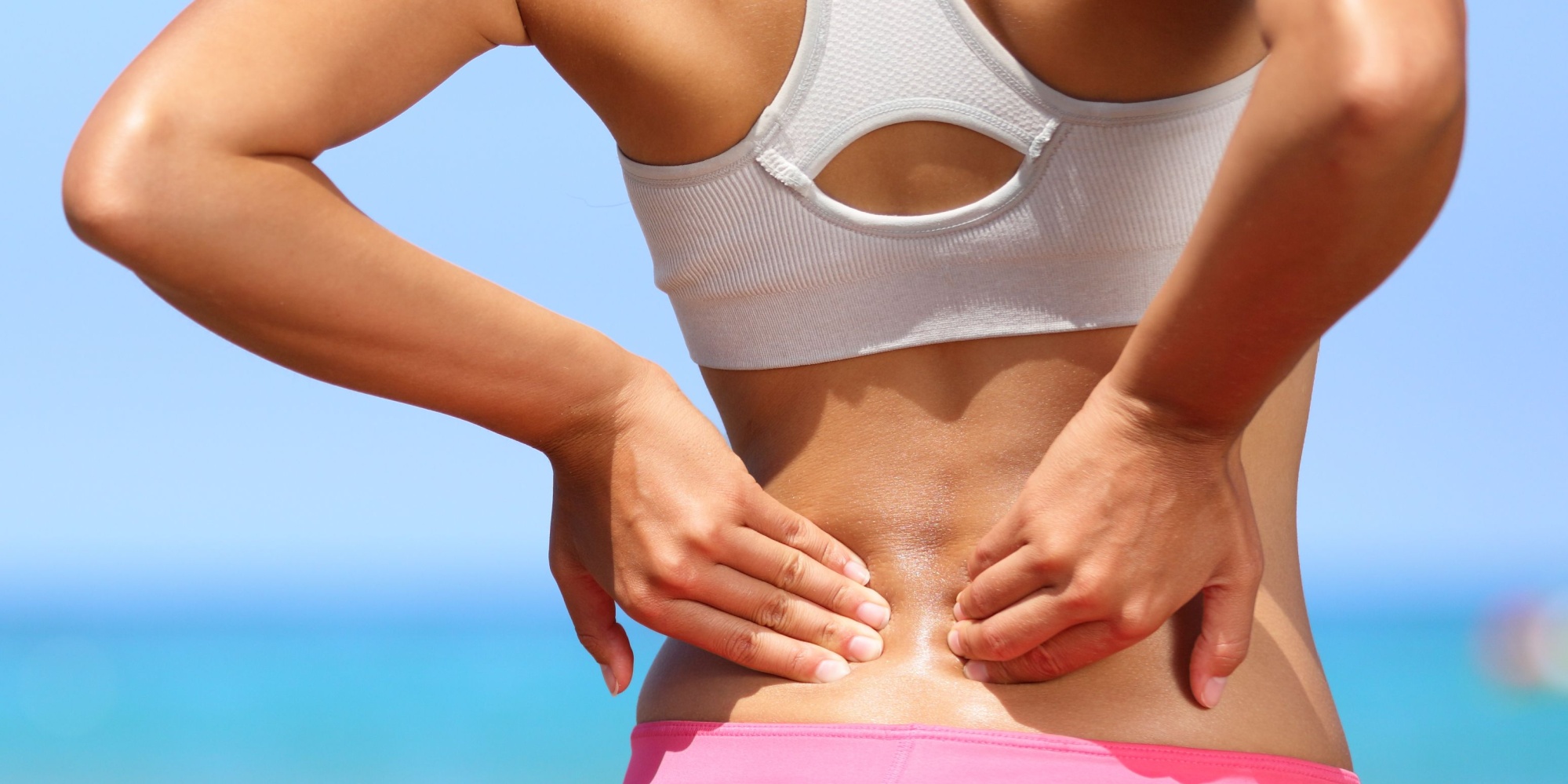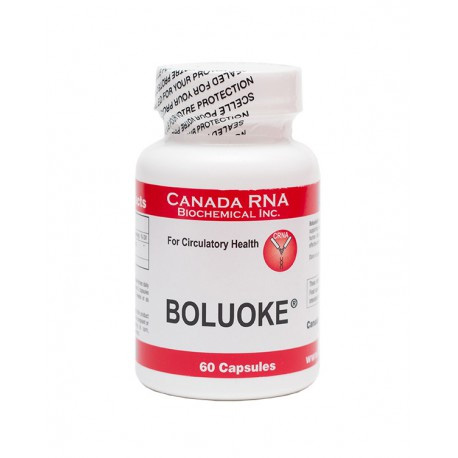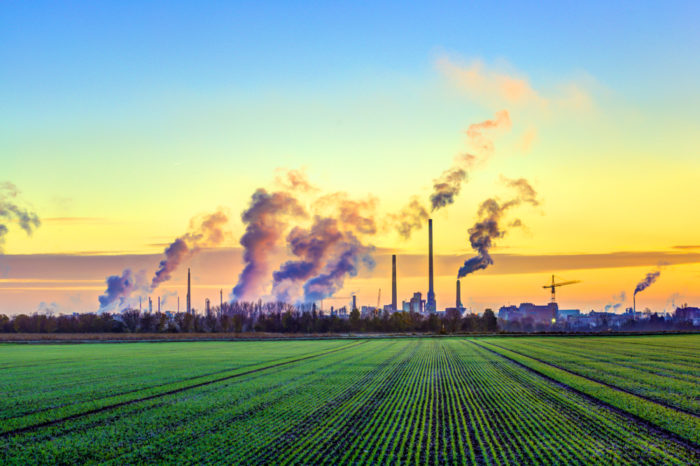
Pollution and the impact on ageing
November 12th, 2021As we age, our bodies are less likely to be able to cope with environmental hazards, as our environment becomes more polluted, the effects on the body will speed up, impacting our ageing process. Exposure to pollution increases free-radical damage which speeds up ageing and damages DNA and tissue in our body. Pollution and climate change isn’t a future problem anymore, it’s a now problem and we’re not getting any younger.
Pollution isn’t just an environmental issue.
The recent UN Climate Change Conference (COP 26) attended by world leaders in Glasgow reminded us that climate change is one of the world’s most pressing problems, a code red for humanity according to some experts. Recent studies revealed that some scientists believe it has been the hottest decade ever. Heat and sunshine have cooked the air along with lingering harmful chemicals creating a smog of gas around us. Pollution isn’t just an environmental issue, it can have a major impact on the body. Harmful products can enter the body through inhalation such as breathing in carbon oxide from car emissions or chemical coated particles that come in contact with the skin. According to a comprehensive new global review, pollution can trigger an inflammatory response damaging every organ and every cell in the human body. The research shows head-to-toe harm, from heart and lung disease to diabetes and dementia, and from liver problems and bladder cancer to brittle bones and damaged skin.
Pollution and the skin.
Pollution breaks down collagen and oxidizes the lipid layer in the skin and that impairs the skin barrier function. Our skin is a living layer all over our body that, with our skeleton, holds us together and pollution can make our skin weak. Smog particles are generally too large to penetrate the skin, but they can disturb the barrier, resulting in dehydration, sensitivity, uneven skin tone, dullness, acne and premature ageing. German physician Dr Barbara Sturm revealed that dozens of studies show that airborne pollutants on human skin can contribute to skin cancer.
Pollution and the immune system.
Inhaling dirty air can trigger the release of white blood cells into the bloodstream and can result in inflammation and damage. Polluted particulate matter triggers an imbalance in the immune system and molecules in cells begin to react when they are exposed to the particulate matter reducing the efficiency of the immune system.
The effects of airborne pollutants on the immune system have been most widely studied in the respiratory tract. Entry may occur as a volatile gas such as ozone or benzene. Or as liquid droplets such as sulfuric acid or nitrogen dioxide.
Indoor pollution.
WHO (World Health Organization) reported that approximately 4 million people die prematurely attributed to household air pollution every year. A large majority of people spend 90% of their time indoors surrounded by pollutants such as dust, dirt, gases, mould, smoke, cleaning products or building materials.
How can you reduce your exposure to indoor pollution?
- Get outside for some fresh air but avoid built-up areas with busy roads
- Have good ventilation inside your home especially when you are cleaning or decorating
- Have your chimney swept every year because burning things on fire such as wood or coal can produce high levels of pollution
- Opt for electric cooking and heating
- Use a carbon monoxide alarm
- Treat dampness and mould found around the home
- Wear rubber gloves when using products containing chemicals
- Don’t smoke indoors, there are many reasons to give up smoking for your own health and for those around you
- Don’t vape indoors
- Wash your hands regularly to remove any harmful chemicals that may have got on your skin
- Ventilate your home when decorating, chemicals from paint or white spirit for example can be harmful
- Minimise the use of candles and incense sticks
- Use chemical-free cleaning products
- Remove asbestos and fibreglass found within the home
- Don’t work too close to machinery
- Check radon levels
- Look at the volatile organic compound levels in items in the home
How can you reduce your exposure to outdoor pollution?
- Check daily pollution levels and if they are high don’t go outside for too long
- Avoid exercise on high pollution level days
- Avoid exercise around busy traffic
- Wear a face mask in high pollution areas
- Wear gloves when gardening or touching objects that could be polluted
- Wear goggles to prevent air pollution from entering your eyes
- Don’t stand near idle engines or too close to machinery
- Walk on the other side of the road near building sites or renovations
- Be observant and look for potential hazards
How much we are affected by pollution individually depends on different factors like where you live, physical and mental health, age, lifestyle and standard of living but we should all have the same goal – to protect our planet. The threats that climate change poses to the human race are real but with a global effort, we could avoid a potential environmental disaster.
We have put together a list of relevant useful links related to this topic:
- Air pollution forecast
- World’s air pollution real-time air quality index
- How is air pollution measured?
https://www.londonair.org.uk/londonair/guide/monitoring.aspx
- How to choose a carbon monoxide alarm
- Best air quality monitors
Antiaging products worth a mention:
Retin Pro is an effective anti-ageing, rejuvenating skin cream that reduces visible signs of ageing.
https://www.antiaging-systems.com/products/tretinoine-cream/
Mela MaxPro contains melatonin which is vital to protect our hormonal system, regulate immunity and repair body cells.
https://www.antiaging-systems.com/products/melamaxpro-melatonin/
Taxorest improves lung function. Ideal for patients with bronchial conditions. https://www.antiaging-systems.com/products/lungs-peptide-taxorest-60-pack/
Crystagen contains amino acids that normalize the function of the immune system.
Links:
COP 26
Hottest decade ever
https://www.bbc.co.uk/news/science-environment-55663544
New global review
https://journal.chestnet.org/article/S0012-3692(18)32723-5/fulltext
Dr Barbara Sturm
https://goop.com/gb-en/beauty/skin/how-does-pollution-affect-your-skin/
Airborne pollutants
https://pubmed.ncbi.nlm.nih.gov/8637740/
WHO
https://www.who.int/news-room/fact-sheets/detail/household-air-pollution-and-health
Cleaning
Chimney swept
Carbon monoxide
https://www.safewise.com/home-security-faq/carbon-monoxide-detector/
Damp and mould
Don’t smoke indoors
Don’t vape indoors
https://onlinelibrary.wiley.com/doi/full/10.1111/ina.12663
Decorating
https://aaqr.org/articles/aaqr-18-07-oa-0261
Asbestos
https://www.epa.gov/indoor-air-quality-iaq/asbestos-impact-indoor-air-quality
Radon
https://www.who.int/news-room/fact-sheets/detail/radon-and-health
Volatile organic compounds
Daily pollution levels
